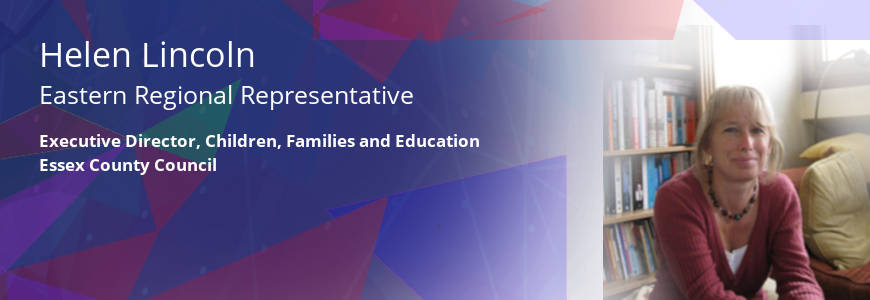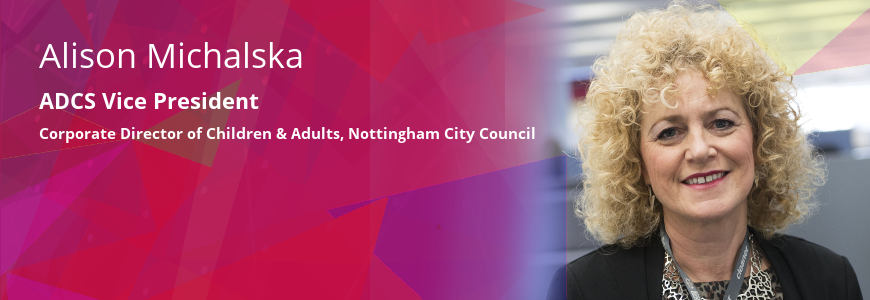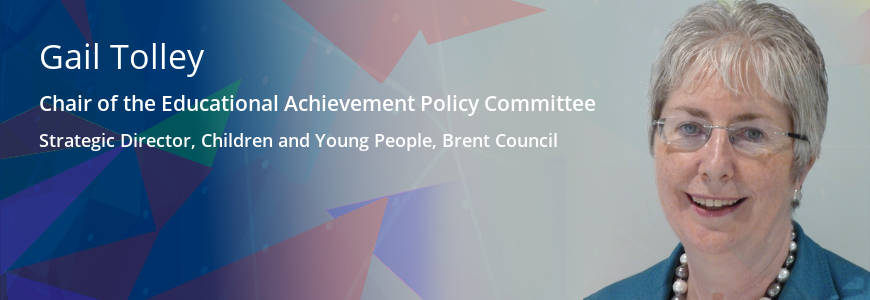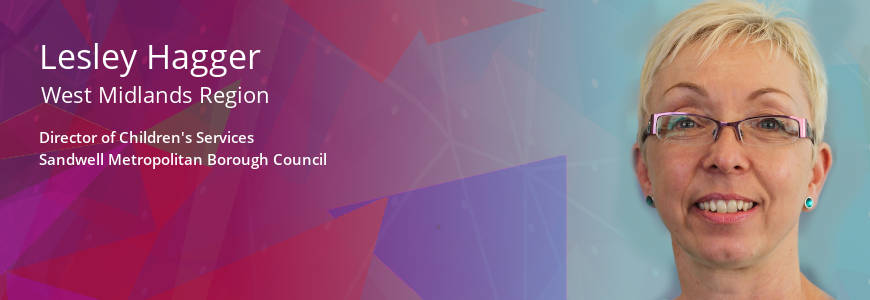Reforms to high needs funding
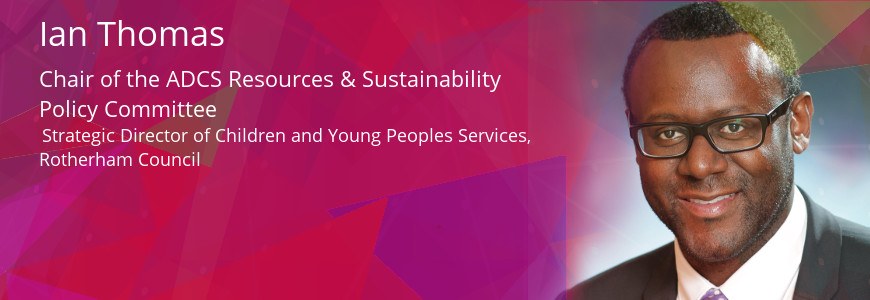
The fall out following the announcement of a new national funding formula (NFF) for schools has been very public and therefore hard to miss. Professional associations, teachers, parents and others have voiced their deep concerns about the impact the planned reforms will have on school budgets (the NAO report that schools will already have to find around £3bn savings by 2020) stating that this cannot be achieved by efficiencies alone, its impact will be visible in classrooms and on children and young people’s educational outcomes. This issue continues to dominate the media headlines.
Many have lent their attention and voices to the rallying cry for more funding in schools. This noise has somewhat overshadowed an issue that is of equal concern for local authorities and should be for government too. That is the proposed changes to the way in which funding for our most vulnerable pupils with additional needs is distributed. These changes were set out last year in the government’s consultation on reforms to high needs funding. The Association’s responses to these can be found here.
I wanted to use this blog to draw attention to the impact that these reforms may have on the education provision for our most vulnerable children and young people and schools.
Firstly, ADCS believes that inclusion should sit at the heart of the education system but changing the way that funding is distributed to schools could result in mainstream schools becoming less inclusive. With limited resources, some schools might find it difficult to fund the additional support some children and young people need to successfully access education in a mainstream setting.
This unintended consequence of the schools NFF will result in children with low-level special educational needs and disabilities (SEND) being pushed into more specialist provision, as mainstream education settings cannot afford to meet their needs. This is worrying on many different levels; first and foremost, it isn’t right or in the best interests of our learners. As I’ve already said, inclusivity should be at the core of our education system and where children with SEND can successfully meet their educational outcomes in mainstream school (with support) they must have the opportunity to do so. Any move to direct more pupils into specialist provision also places increased pressure on the high needs budget which, for many local areas, is already stretched beyond its means.
Secondly, vulnerable children’s needs could be left unmet. The dedicated schools grant (DSG), as the main source of funding that local authorities receive in relation to schools, is split into three funding streams: the schools block, the high needs block (HNB) and the early years block. Money from the high needs block is used by local authorities to fund provision for pupils with SEND aged 0-25. Funding in this area has received no significant increase in recent years despite the fact that, at the same time, we are seeing a sharp rise in the number of pupils with SEND and the nature of their needs is becoming increasingly complex. To cope with rapidly escalating numbers of pupils with high needs and lack of funding for these services, local authorities currently have the flexibility to transfer money between blocks to top up high needs funding to ensure that the needs of vulnerable pupils in their local area continue to be met. However, the current proposals give no guarantee of flexibility between blocks. There is a danger that, under the current proposals, schools see themselves as divorced from any pressure on the HNB. With insufficient high needs funding and no guaranteed mechanism for flexibility between funding blocks, what are the implications for our learners? This situation is seriously concerning.
So, to recap, there is already insufficient funding within the HNB for local authorities and schools to be able to appropriately respond to the needs of a growing number of pupils with SEND. Major changes to the way in which schools are funded via the NFF coupled with significant cost pressures, means that there will be less money, more generally, for schools and pupils in many local areas which could result in a less inclusive education system. The school funding issues are deserving of the attention received, however we must also expose the implications of these reforms on our most vulnerable learners who rely on us for help and support; and on our ability to meet their needs in the best possible way.
Investing in our schools is an investment in our children’s futures and local communities, enabling the development of continuous growth and a strengthening economy. However, there is a distinction to be made between growth and good growth. The latter is creating prosperous places with opportunities for all and no one left behind. We have a statutory and moral obligation to promote inclusivity – so, let’s pause and ultimately do the right thing.
Related Blog Articles
So much of our time is spent working across a plethora of partnerships to...
In Early Help & Families
In the midst of what has been a very difficult few weeks, Covid-19 promises to...
In General
Whilst thinking about a theme to focus on for this blog I started to reflect on...
In Funding
If I was going to choose a word for 2024 (which I’m not, as that would be...
In Education
There’s a question we should all ask ourselves on a regular basis: why do we...
In General
As someone whose career anchor is teaching, with eight years as a secondary...
In Education
I’m writing this blog before I’m due to go on holiday and hoping the fiasco...
In General
As my year as ADCS President draws to a close, I’ve spent some time reflecting...
In General
This week marks my first as ADCS President. It promises to be an interesting and...
In General
Highs and lows are part of our professional reality and this week has been no...
In General
I’ve been thinking about education a lot recently as the end of another...
In Education
A new year, a new beginning with some clarity politically. This is my first blog...
In Education
Crisis is an opportunity riding on a dangerous wind – Chinese Proverb The...
In General
As many will know from my work with the ADCS Educational Achievement (EA) Policy...
In Education
It’s that time of year when most of us have had a holiday and we are gradually...

